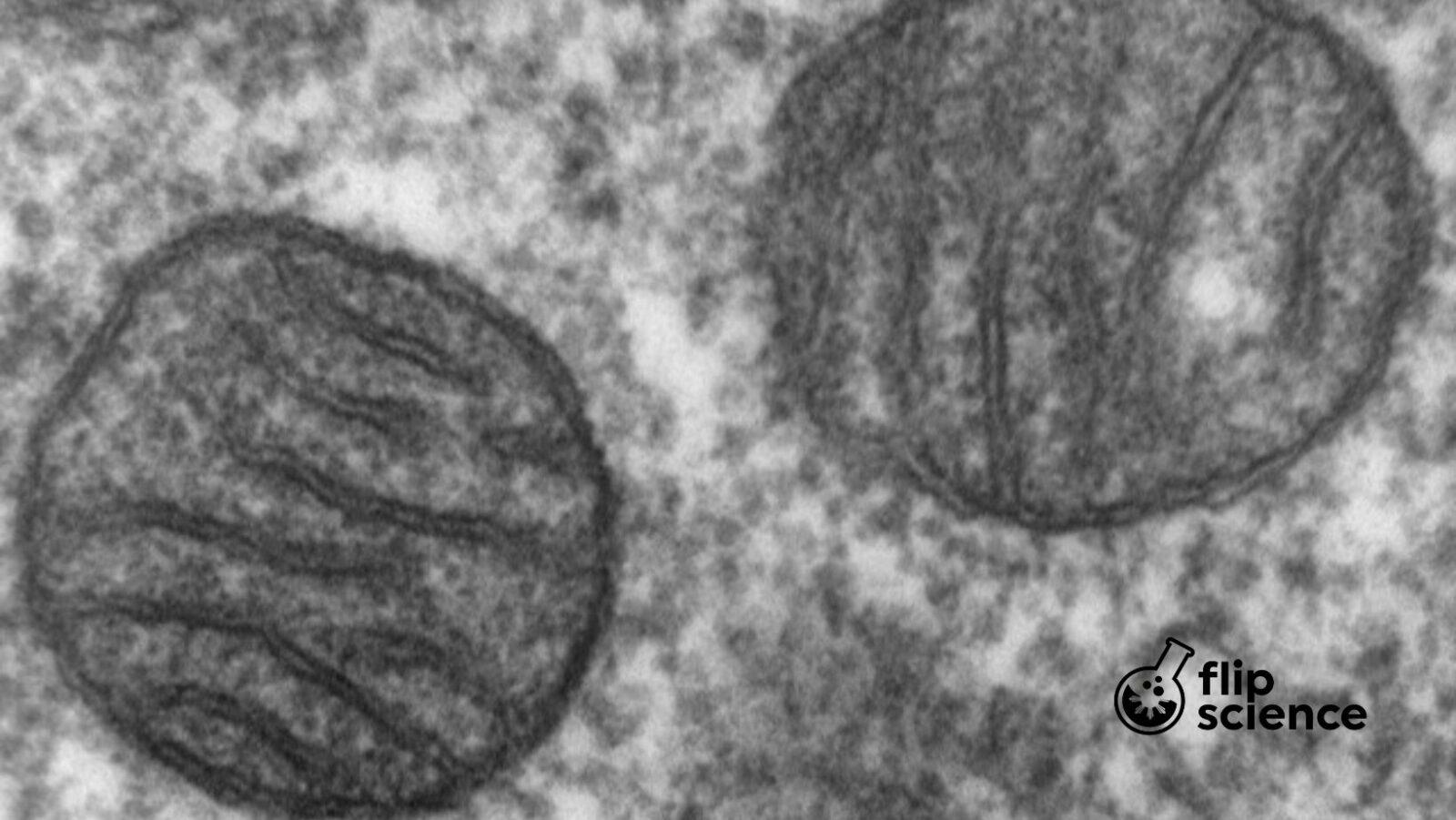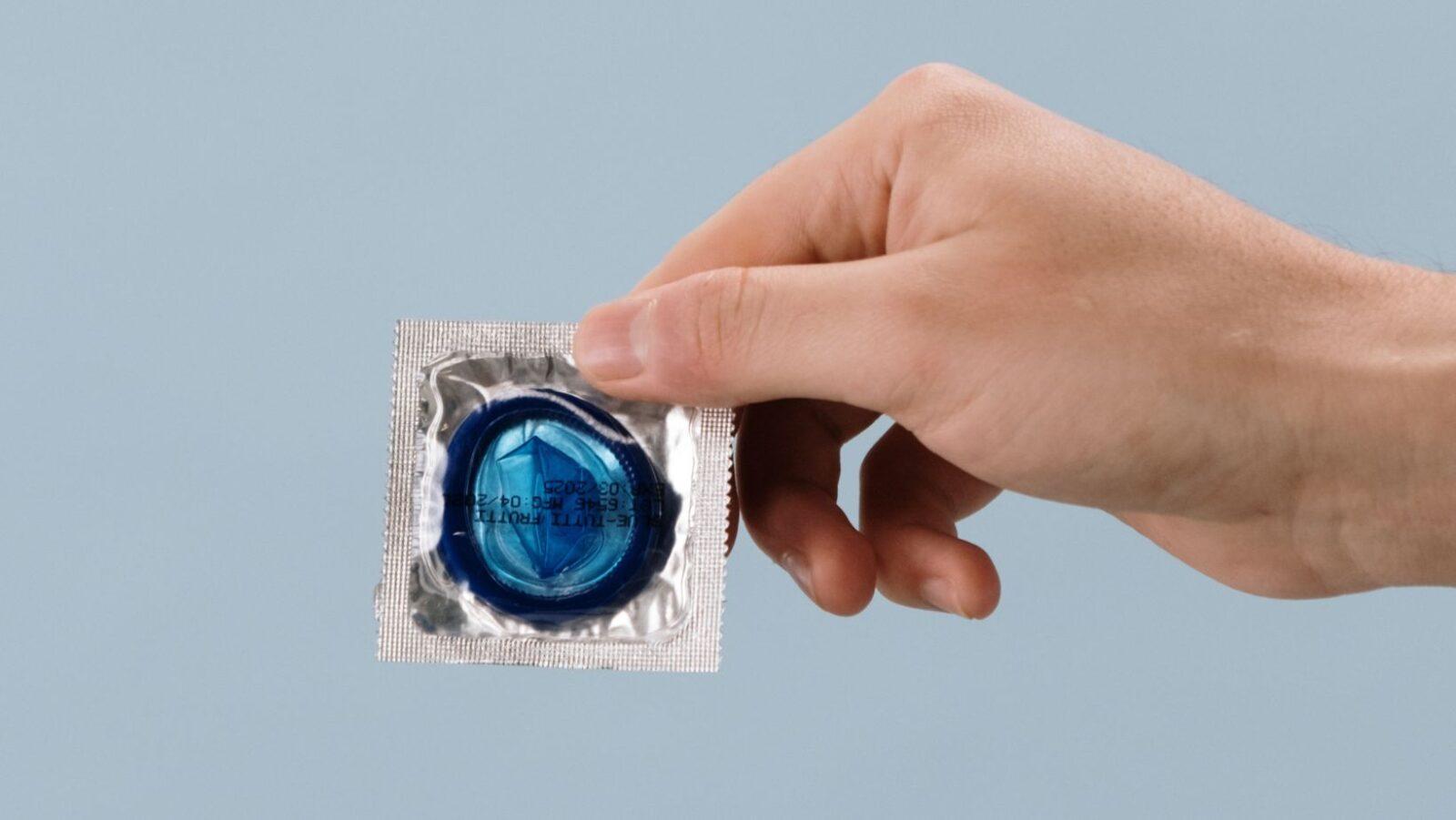
•Coffee keeps us awake and helps us focus because of its caffeine content.
•Caffeine is a stimulating drug that interferes with adenosine and the brain, preventing us from getting sleepy.
•Consuming too much caffeine can cause some nasty side effects, and can even make you dependent on the substance.
Whether it’s to pull an all-nighter for a project due the next day or to shake that terrible feeling of grogginess in the morning, many of us have relied on a good, old cup of joe (or two) to keep ourselves awake and focused.
It’s no secret that people across the world depend on this drug—yes, you read that right, and we’ll get into that in a bit—to help them get through their day-to-day existence.
Coffee (and the stuff that’s in it) can help you focus, keep you active, and let you do what you need to do. Wondering how it accomplishes that? Read on.
What caffeine actually does to your brain
Before anything else, yes, caffeine (the stimulant found in beverages like coffee, cocoa, and energy drinks) is a drug. It’s classified as such because, by definition, a drug is a substance that can alter or affect one’s physical and mental state: two things that caffeine achieves.
In the process of consuming energy from breaking down adenosine triphosphate (ATP) molecules to accomplish our daily tasks, adenosine is left behind. Neurons in our brains have specialized receptors where adenosine can fit in snugly. When activated, these receptors work to inhibit the neurons, slowing down the release of molecules that control brain activity, making us drowsy in the process. Additionally, adenosine binding causes the blood vessels in our brains to dilate; this increases our oxygen intake while we’re asleep. Thus, adenosine acts as a regulatory chemical that manages our sleep cycle.
Now, when we ingest food, drinks, and other substances that contain caffeine, it disrupts this natural sequence of our molecules in our heads telling us to rest. This is because caffeine has a molecular structure similar enough to adenosine’s that our brains aren’t able to tell the two apart.
The caffeine finds its way to the receptors that would normally host adenosine. However, it doesn’t actually bind to (or activate) them. Instead, it simply blocks the latter from making us sleepy, and keeps us awake and alert for longer periods of time.
Giving way for other molecules
When adenosine binds to the receptors that slow down neurons, it can also make it harder for other compounds like dopamine, a chemical responsible for eliciting and promoting pleasure, from fitting into their own spots because of the size of its molecule.
As such, when caffeine replaces it, the dopamine has better wiggle room to fit into their own receptors. This causes us to experience elevated moods in the process. (This is similar to the effect of cocaine and heroin, albeit to a much lesser extent, and through different means.)
Along with that, these prolonged periods of activity can trick the brain into thinking that you’re in some sort of immediate danger or emergency. This influences the adrenal glands and triggers the release of adrenaline, the hormone that activates our fight-or-flight response.
Back when our species hadn’t isolated itself from the rest of the food chain yet, adrenaline helped keep us alive; it enabled us to protect ourselves and fend off (or run away from) dangerous predators. These days, however, the response usually kicks in when you’re late for school, rushing to meet a deadline, or taking a test you didn’t study enough for–just a few of the many modern-day facets of “survival.”
The dangers of becoming dependent on coffee
As with many other things we enjoy, too much caffeine intake can be bad for one’s health.
Even if you constantly drink coffee to be perpetually active, the body will eventually adapt by constructing more of these adenosine-hosting receptors to make up for the ones blocked by caffeine. That way, it could still be able to regulate the sleep cycles for resting. Over time, one has to keep increasing how much caffeine they’re taking in to achieve the same boost. This, of course, can gradually increase their dependency on it.
Furthermore, constant ingestion of caffeinated products can lead to diarrhea, as well as increased urination (though it would take about five cups of brewed coffee to do that), heart rates, and blood pressure. It may also cause anxiety, or make you easy to startle.
Like any other drug, stopping prolonged and excessive caffeine intake can trigger symptoms of withdrawal. These include headaches, increased tiredness, and depressed moods (as more adenosine binds to the now-increased quantity of receptors). Don’t worry, though: These usually disappear over the course of a few days, after your body readjusts.
That said, pouring yourself a cup or two of coffee daily shouldn’t be a cause for concern. Taking more than four, though, will probably make you feel terrible for the next couple of days. (Not that I know that from experience, of course. Ahem.)—MF
References
- https://science.howstuffworks.com/caffeine4.htm
- https://spoonuniversity.com/lifestyle/i-traded-my-morning-coffee-for-ice-cream-and-this-is-how-it-went
- https://www.betterhealth.vic.gov.au/health/healthyliving/caffeine
- https://www.businessinsider.com/how-does-coffee-affect-your-brain-2014-8
- https://www.health.gov.au/health-topics/drugs/about-drugs/what-are-drugs
- https://www.medicaldaily.com/effects-caffeine-brain-function-how-drinking-coffee-wakes-you-420548
- https://www.youtube.com/watch?v=foLf5Bi9qXs
Author: Mark Jefferson Plata
Jefferson is a college freshman, and a neophyte in the professional writing scene who is looking to further improve himself in the field. Besides the standard adolescent habit of wasting away in front of a computer or phone screen, he enjoys reading, watching, and learning about pop culture, science, gaming, as well as a wide range of other interests.









